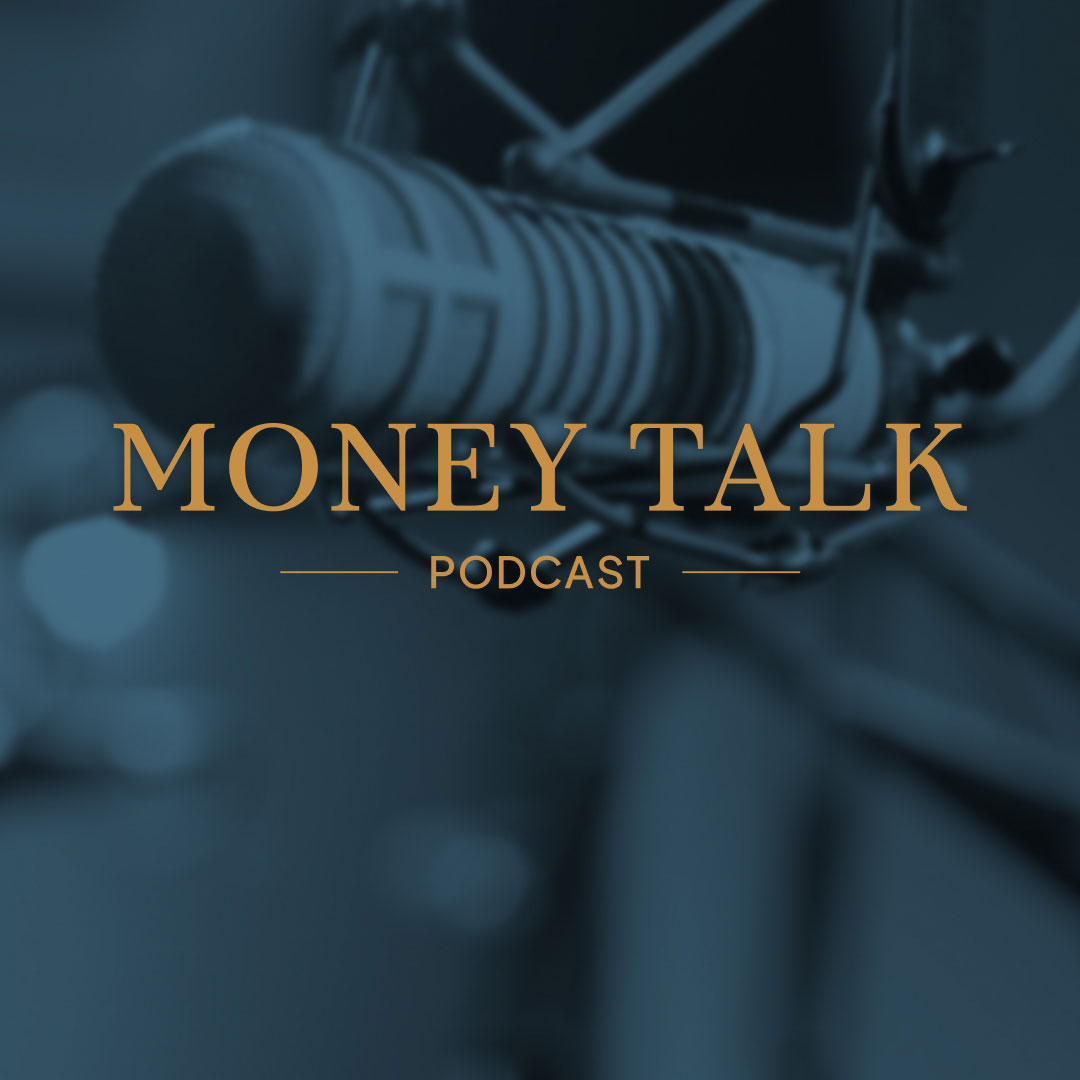
Money Talk
With over 20 years on AM radio in Milwaukee and and nearly a decade on public television, Bob Landaas set the standard for empowering investors through plain-spoken communications. That educational outreach continues in a weekly podcast, frequent articles and a monthly newsletter you won’t find anywhere else.
Money Talk Podcast
Latest Episode
Landaas investment advisors explore why it may be making sense to include more non-U.S. holdings in diversified portfolios.
Podcast: Play in new window | Download
Subscribe to Money Talk
Read More
Money Talk Articles

Investing fundamentals: A shift in winds
“A fundamental shift to a weaker dollar creates opportunities both here and abroad.”

Mid-2025: Foggy outlook, balance rules
Summer usually has clearer skies, but the financial forecast mid-2025 is clouded by tariff concerns, as Adam Baley explains.

Rebalancing: Too important to ignore
Once you find your balance, you need to maintain it. As Steve Giles explains, that doesn’t happen by standing still.




